Will the Kyiv-Pechersk Lavra turn into a ‘church Maidan’?
While a relatively peaceful confrontation is taking place in the Lavra, in the regions the problem of property is being solved more effectively, probably due to a smaller scale. And also due to the fact that the local authorities, having felt where the wind was blowing - what is the request of the local electorate and the Kyiv authorities - they took up the "complete cleansing" of the territories entrusted to them from the UOC-MP.
So, one by one, the cathedrals in Ivano-Frankivsk and Khmelnytskyi were confiscated from the UOC-MP.
Temple Keys
“Transition” in Ivano-Frankivsk could become a textbook example of how not to do it. “The last Moscow church in the city” – according to the definition of the mayor of Ivano-Frankivsk City Ruslan Martsinkiv (the All-Ukrainian Union “Freedom” (“Svoboda”)) – was taken by storm. Numerous videos made during the assault demonstrate everything that you (dis)like in such scenes: strong guys in balaclavas, women’s sobs off-screen, tear gas puffs, a screeching angle grinder, the crunch of broken glass underfoot and, in the finale, the Greek Catholic mayor of the city solemnly crosses in a devastated Orthodox Church.

The picture turned out to be so bad that even potential beneficiaries from the Orthodox Church of Ukraine (the OCU) hurried to disassociate itself from this dubious so-called victory: Metropolitan Epiphanius condemned such methods in relation to God’s temple.
In Khmelnytskyi, on the contrary, everything went like clockwork. Almost. The beginning – a fight in the temple right during the service with the participation of a veteran (who, judging by the video, provoked the scandal) – does not adorn this plot. Still the result is crucial: the citizens rushed to the scene of the event and right there on the spot voted for the transfer of the cathedral from the UOC-MP to the OCU.
If you ignore the fight in the temple, everything turned out almost decently. But there are still a few awkward questions. For instance, about the legality of the so-called transition organized by the citizens of the city, and not by the community of parishioners of the temple, as it should be according to the law. But who is the parishioner – that is the question. Firstly, our membership in the church community is not fixed. Secondly, we are talking about the cathedral, i.e., the main temple of the city. This means that any resident of this city can be considered a “member of the community”.
The example of these two transitions of communities, not so much as “transfers of temples,” can help us observe how the “hole” in the law on the transitions of parishes makes it possible for the authorities to juggle church property at their discretion. The main thing that is needed for this is to be able to direct the energy of citizens to the fulfillment of current political tasks – beautifully and convincingly. The problem of Ivano-Frankivsk is essentially only that it turned out “ugly”.
But already in Khmelnytskyi everything was done correctly. The line between friends and foes was clearly drawn – on the one hand, the veteran is a figure truly sacred to Ukrainians at the moment, and on the other, the pseudo-sacred figures of “Moscow priests.” The people have made their free and fair choice. From the point of view of a good story, everything is in its place. Including the white-bearded bishop, who gives the winner the “keys to the city” right on the steps of the temple.
The Word to the People
From the point of view of the government, this scenario is the optimal one. It is not the government who “commits persecution”, but the people themselves make their choice, renouncing the UOC-MP and expelling it from their land. Presenting the process of redistribution of church property as an initiative of the “revolutionary masses” could be a good strategy for the authorities. This would bring it at least partially out of the scourge of its critics. First of all, Western. Violation of the rights of believers and violation of freedom of conscience are serious accusations against the authorities. But the voice of the people is the voice of God.
However, it’s not just criticism from the outside. Inside, everything also does not go exactly as expected: perhaps “according to plan”, but with a clear violation of the schedule. The government’s plan finally emerged quite clearly: a constant and gradual increase in pressure until the opponent caves in. Or breaks. So, the next point of this plan, following the decision to break the lease of the Kyiv-Pechersk Lavra (KPL), apparently, was the arrest of Metropolitan Pavlo Lebid. This, on the one hand, was supposed to show the seriousness of the authorities’ intentions, on the other hand, to deprive the Lavra protest movement of their leadership.
Still, what is happening between the Security Service of Ukraine and the UOC-MP is somewhat reminiscent of a match-fixing. Take at least the story of the KPL: the vicar is always half step ahead of the opponent. He knows in advance that they will come with searches, he was given time to take everything that is dear to him out of the monastery. And even that the monastery would be “evicted” from the Lavra, he seems to have known in advance as his recent trip to the Orthodox East in the light of recent events looks like a preparation, a search for support from the centers of Orthodoxy, still loyal to the Moscow Patriarchate. Finally, we saw his calmness and restraint, not at all inherent to him, at the moment of arrest. Looks like he was ready for that too.
The Security Service of Ukraine, for its part, demonstrates vigorous activity: it leaks photos of the interiors of the vicar’s residence, publishes records of interceptions of telephone conversations – it plays on the feelings and emotions of the public. The service likes that in the confrontation with the “Moscow priests” they look like heroes. But in reality, everything is not so rosy: they act belatedly and inefficiently. Tasteless interiors are not a criminal offense. And the published fragments of telephone conversations are simple chitchat, which at the beginning of the war could be heard at almost every Kyiv crossroad.
In general, looking at the maneuvers of the UOC-MP and the Security Service of Ukraine, one involuntarily recalls that both structures grew out of one common root, namely the KGB of the USSR. And, it seems, they still cannot forget about it: the raven pecks the raven in the way not to, God forbid, get into the eye.
Well, not only them but no one also wants to be zealous and take responsibility for the “liquidation” of the church. Still having gone so far, the authorities simply cannot back down. It has made too many advances to the public. Now the retreat from the Lavra will be equal to the loss of image.
What remains? Hope that “the people will do everything themselves.” The only question is how long the authorities will be able to balance on the crest of a wave of “people’s anger.” And why do we need government and law enforcement agencies, if once again Ukrainians have to do everything themselves?
UOC-MP Strengthens Defense
For its part, the UOC-MP over and over again makes it clear to the authorities that it will not play giveaway. Recently, it became public that in response to the transfer of the cathedral in Khmelnytskyi, the Holy Synod, meeting remotely with unprecedented efficiency, dismissed Metropolitan Anthony of Khmelnytskyi and appointed the energetic Archbishop Viktor Kotsaba in his place. This is a signal both to their masters: “Russians never surrender,” and if they do, they will be punished, and to the authorities – that they should not count on the systematic capitulation of the parishes of the UOC-MP.
Recently, staffing decisions in the Kyiv Metropolis, as you can see, are made at lightning speed. True, still not in relation to the bishops and collaborating priests. The preservation of its structure, property, and control is more important for the UOC-MP than the interests of the country and the people, among whom this church is called to carry out its Christian mission.
It is also interesting that the leadership of the UOC-MP almost did not react to the arrest of Metropolitan Pavlo – neither words of support, nor words of condemnation. None of the bishops came to the courtroom to support a colleague. Metropolitan Pavlo himself suddenly changed his mask, from a boorish priest he turned into a humble old man who submits to fate and, contrary to his habits, does not curse the “persecutors.” In response, the Orthodox public became myrrh-streaming: the so-called Vladychenka (a Russian word used to unofficially address the bishop, also – Vladyka) shows himself to be a “true servant of God” and that and look, he will be declared, if not a martyr for the faith, then at least a hero.
Well, from the point of view of the leadership of the Kyiv Metropolis, the role of a “martyr” for Vladyka Pavlo is most preferable.
The Voice of One Crying
The question of support either from one’s own people, others’, or other important things – against the backdrop of recent church-related events looks no less entertaining than the maneuvers of the security forces.
From the side of the UOC-MP, an insistent refrain is heard “Why are you silent?”, addressed to representatives of other churches. First of all, for some reason, the OCU. According to the priests of the UOC-MP, all true Christians, and people of good will in general, regardless of confessional affiliation, should protect them: after all, we are talking about a violation of civil rights.

The OCU cautiously spoke out – not in support of the UOC-MP, but in condemnation of the methods of struggle for churches. In general, the leadership of the OCU decided not to interfere in the process of transfers and transfer of property. But after the scandal in Ivano-Frankivsk, Metropolitan Epiphanius dissociated himself from the event and called on the “liberators from the UOC-MP” to be more scrupulous in their methods: you can’t behave like this with the temple of God. Also, on behalf of the laity of the OCU, the organization “10 theses for the OCU” spoke out against the forceful seizure of churches.
But in the UOC-MP, of course, they counted on much wider support and resonance in society. As it turned out, completely in vain. The fact that the feelings of the majority of Ukrainians towards the UOC-MP fluctuate in the range of “indifference-contempt,” the church persistently explains that a powerful state propaganda machine is working against them.
Not without that, of course. But that’s not even half the truth. The problems for the UOC-MP began when another – no less powerful – propaganda machine, supported by another state, stopped working for it.
But the main reason for the loneliness in which the UOC-MP is facing its current trials is that it has created a desert around itself, where it now is screaming. Over the decades of work in Ukraine, it has never managed to establish its authority in society so strong that propaganda could not cause serious damage to it. The UOC-MP failed communication with Ukrainian society, but (worse) also failed its mission in Ukrainian society. Simply because it never wanted to listen to people and learn to understand them. It was always above this: it demanded obedience, not participation and cooperation. And at a critical moment, society repaid the church in the same coin – it did not want to hear it. I’m not even talking about support.
Read this article in russian and Ukrainian.
Please select it with the mouse and press Ctrl+Enter or Submit a bug











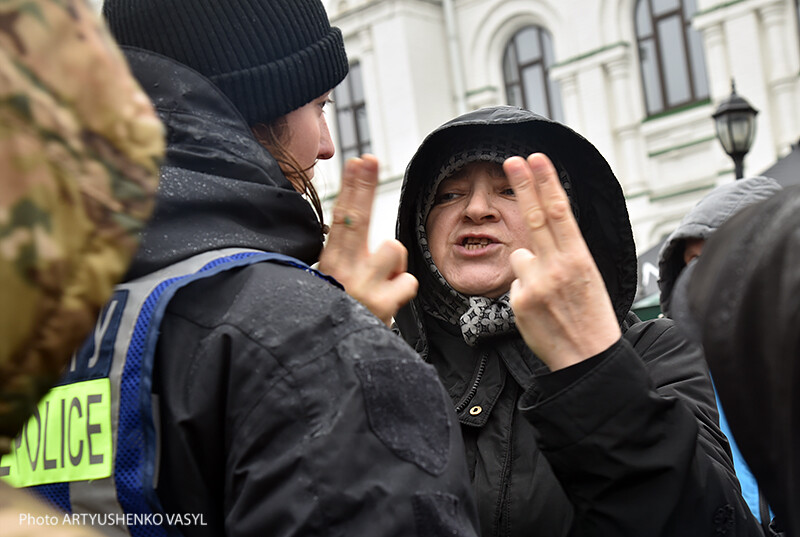
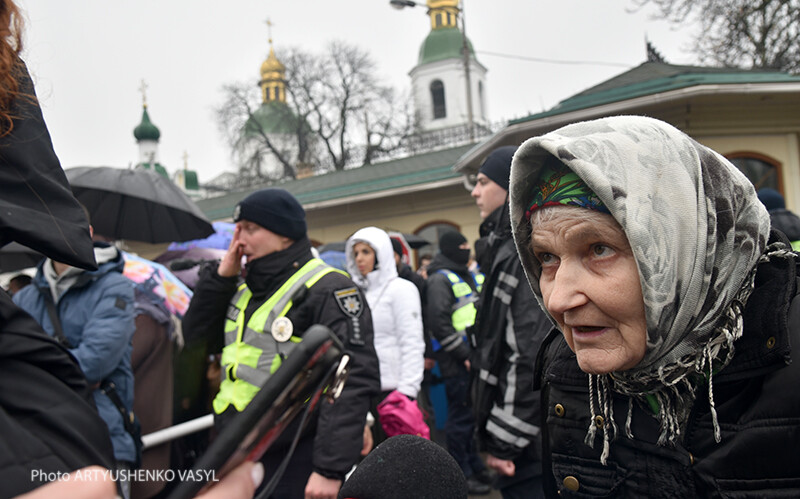
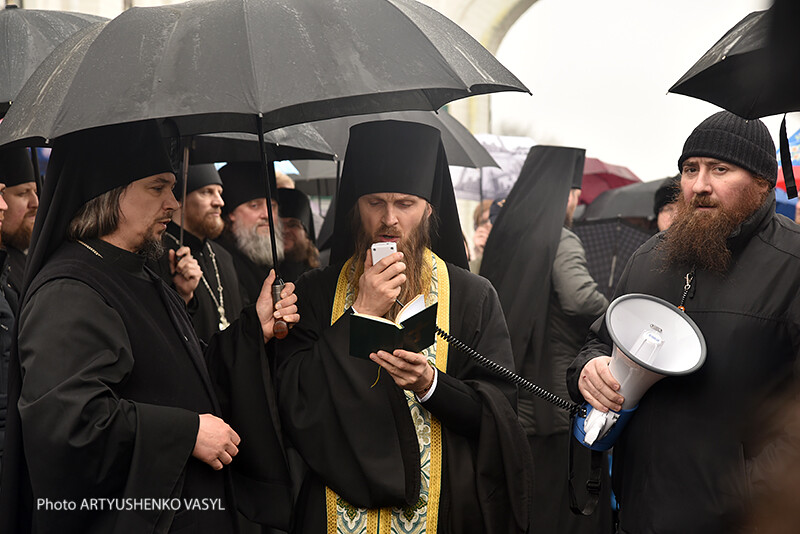
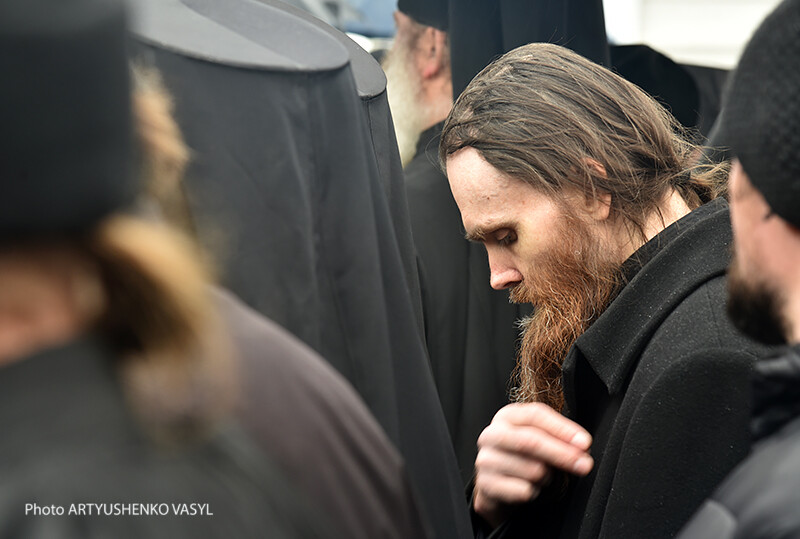


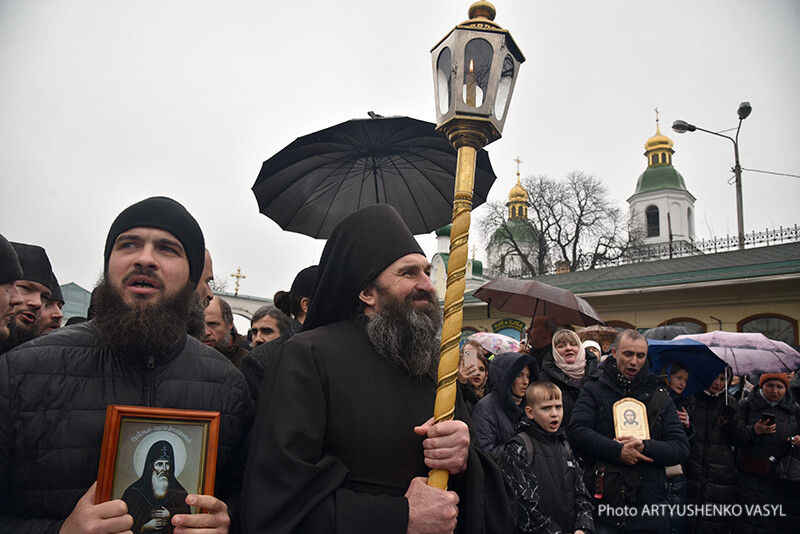
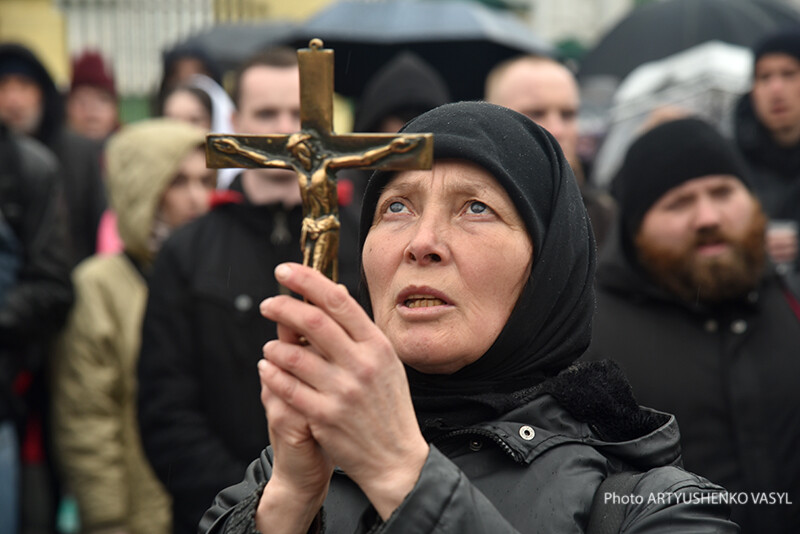
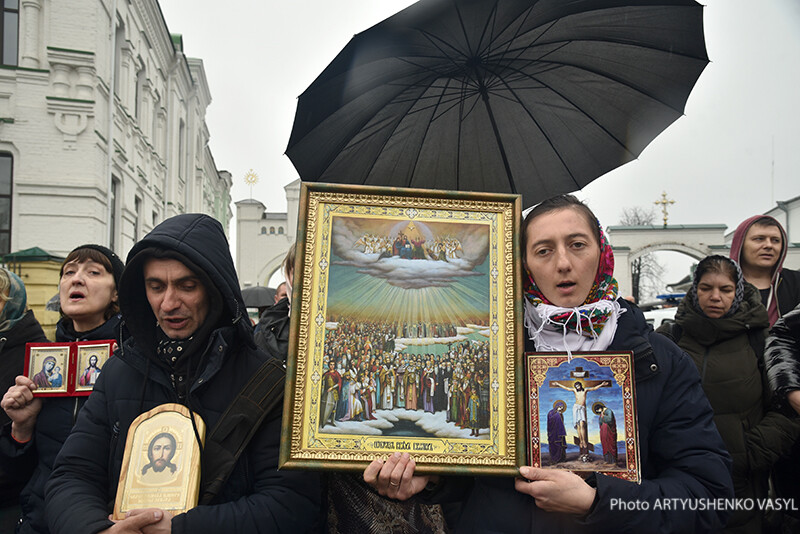
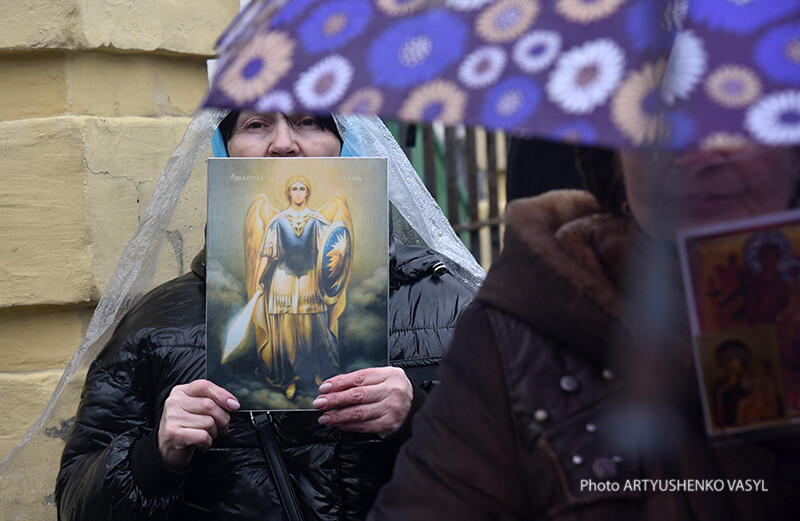
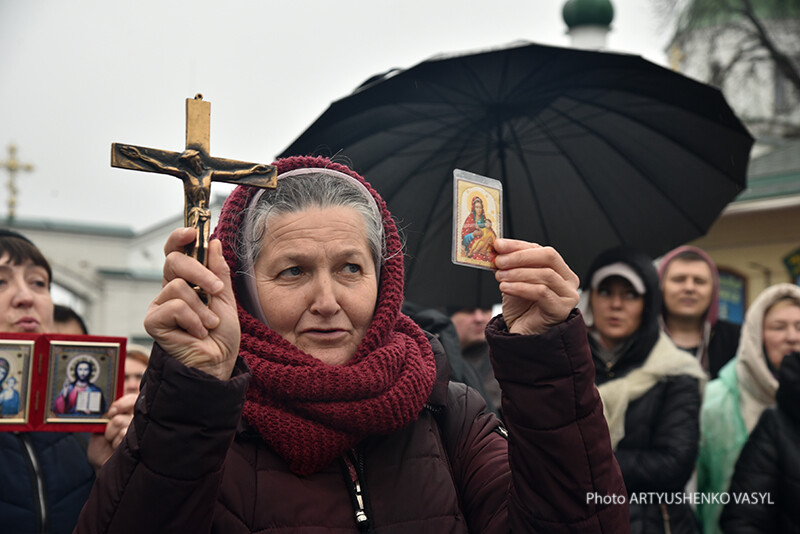
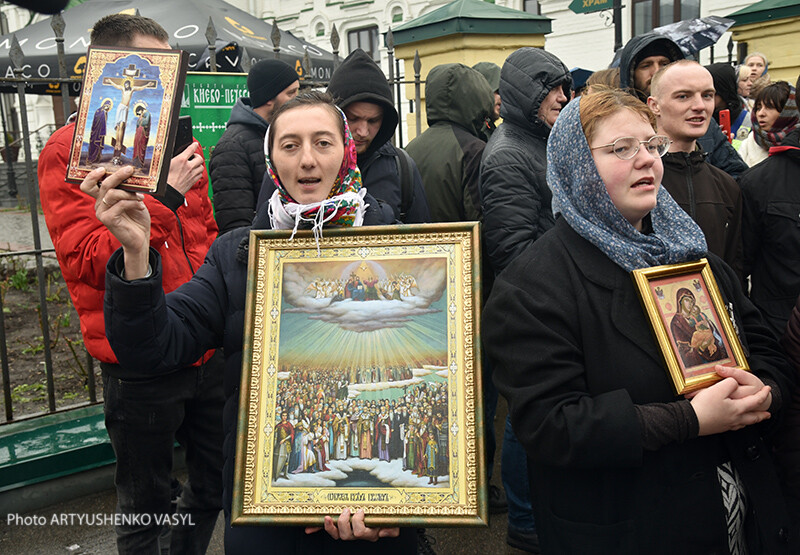
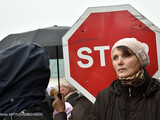
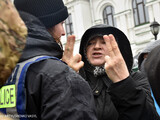
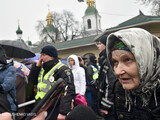
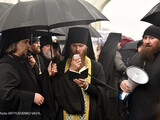
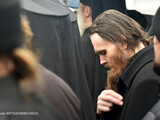
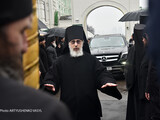

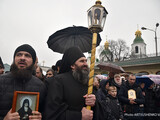

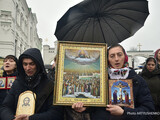
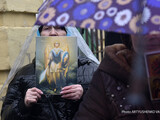

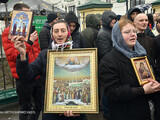
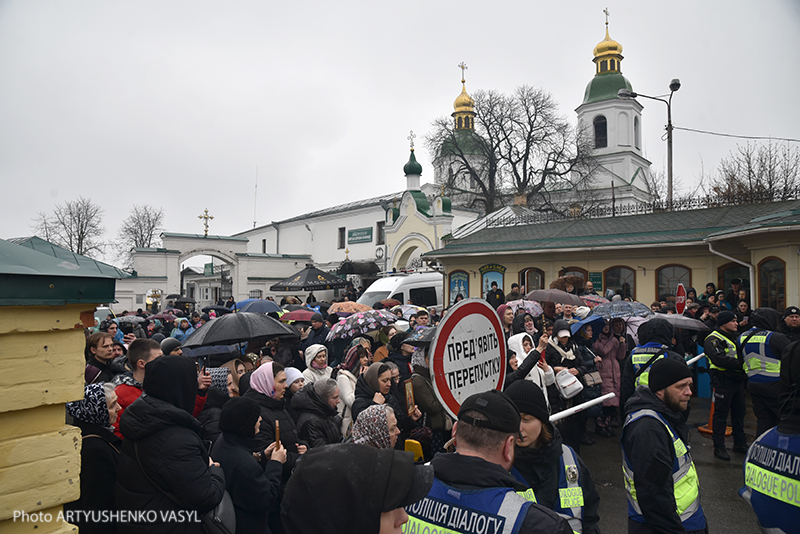
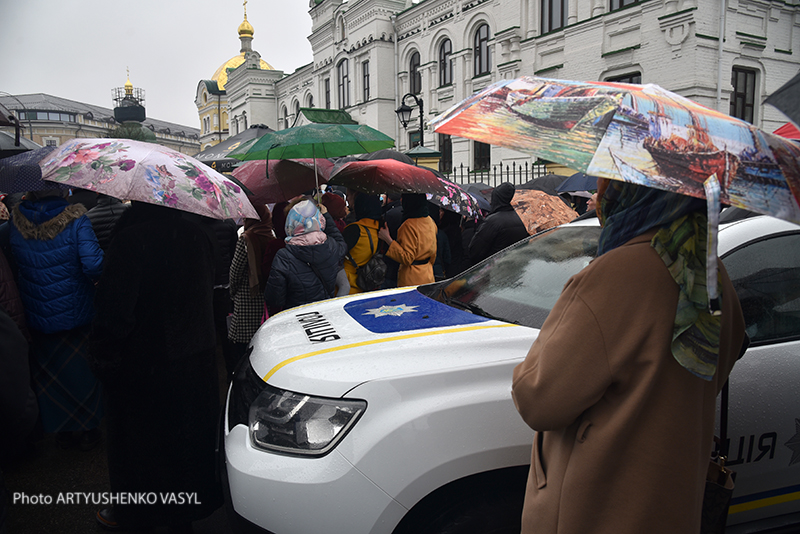
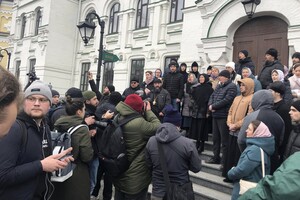
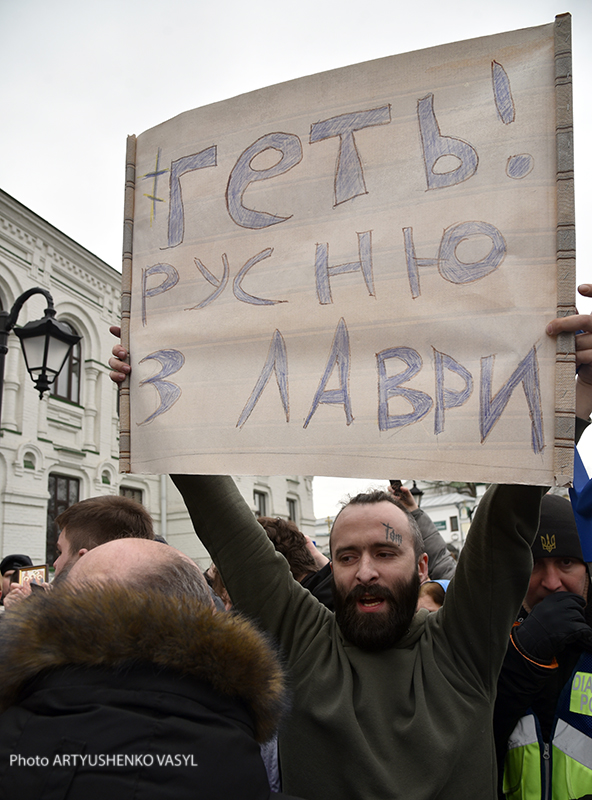
 Login with Google
Login with Google